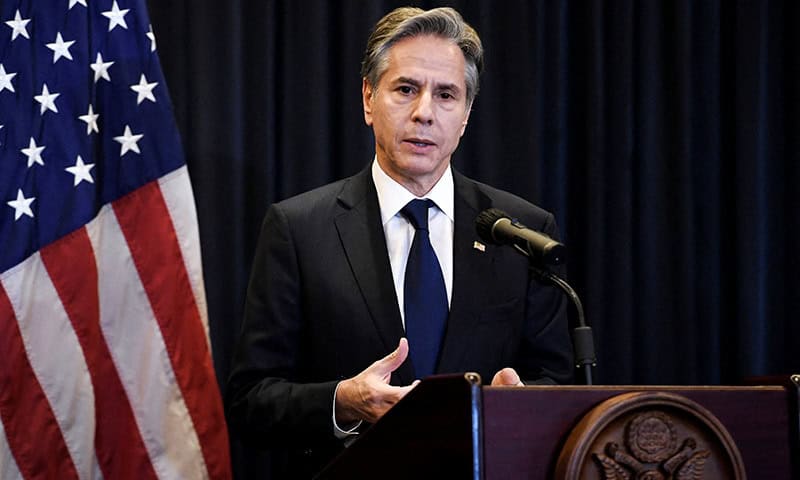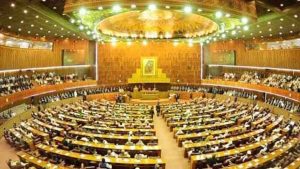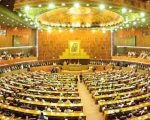WASHINGTON – The annual US report on terrorism acknowledged on Thursday that Pakistan took steps in 2020 to counter terrorism financing, restrain India-focused militant groups and to meet demands of the Financial Action Task Force (FATF).
Pakistan continued to experience terrorist attacks last year, said the report. Pakistani military and security forces undertook counterterrorism operations against groups that conducted attacks within Pakistan, such as the banned Tehreek-i-Taliban Pakistan (TTP), the militant Islamic State (IS) group and Balochistan Liberation Army.
“Pakistan took steps in 2020 to counter terror financing and restrain India-focused militant groups from conducting attacks. Pakistan convicted Lashkar-e-Taiba (LeT) founder Hafiz Saeed and four other senior LeT leaders in multiple terrorism financing cases,” the report said.
Although the report acknowledged Pakistan’s efforts to counter terrorism, it claimed that groups targeting Afghanistan and India — such as the Haqqani Network, LeT, and Jaish-e-Mohammed (JeM) — continued to operate from Pakistani territory.
“Pakistan did not take action against other known terrorists such as JeM founder and UN-designated terrorist Masood Azhar and 2008 Mumbai attack ‘project manager’ Sajid Mir, both of whom are believed to remain free in Pakistan,” the report added.
But it also acknowledged that “Pakistan did make positive contributions to the Afghanistan peace process, such as encouraging Taliban reductions in violence”.
Noting Pakistan’s efforts to meet the demands put forth by FATF, the report noted: “Pakistan made additional progress in 2020 toward completing its FATF Action Plan, but did not complete all Action Plan items and remained on the FATF ‘grey list’.”
In a separate chapter titled “Support for Pakistan”, the report said the US government recognised Pakistan’s role in Afghanistan and broader regional security, and “urges Pakistan to dismantle terrorist groups within its territory”.
Despite the restriction, however, the US government maintained a civilian assistance portfolio on a focused set of priorities, the report added. “Civilian assistance continued to prioritise civil society; people-to-people exchanges; stabilisation and development on the Afghanistan-Pakistan border; trade and economic growth.”














